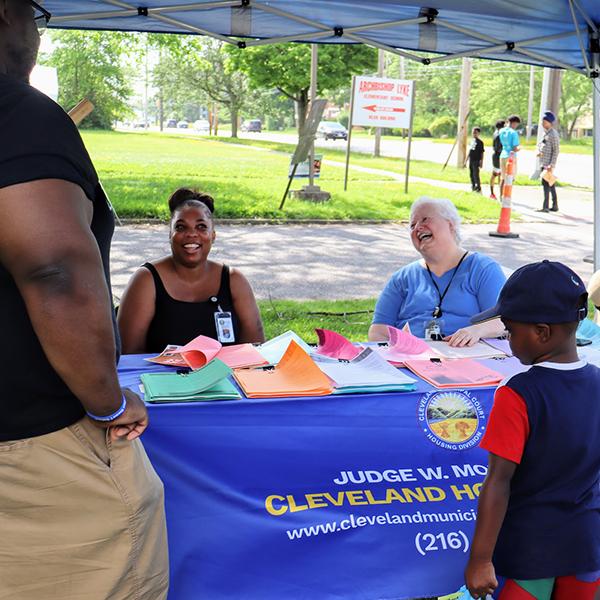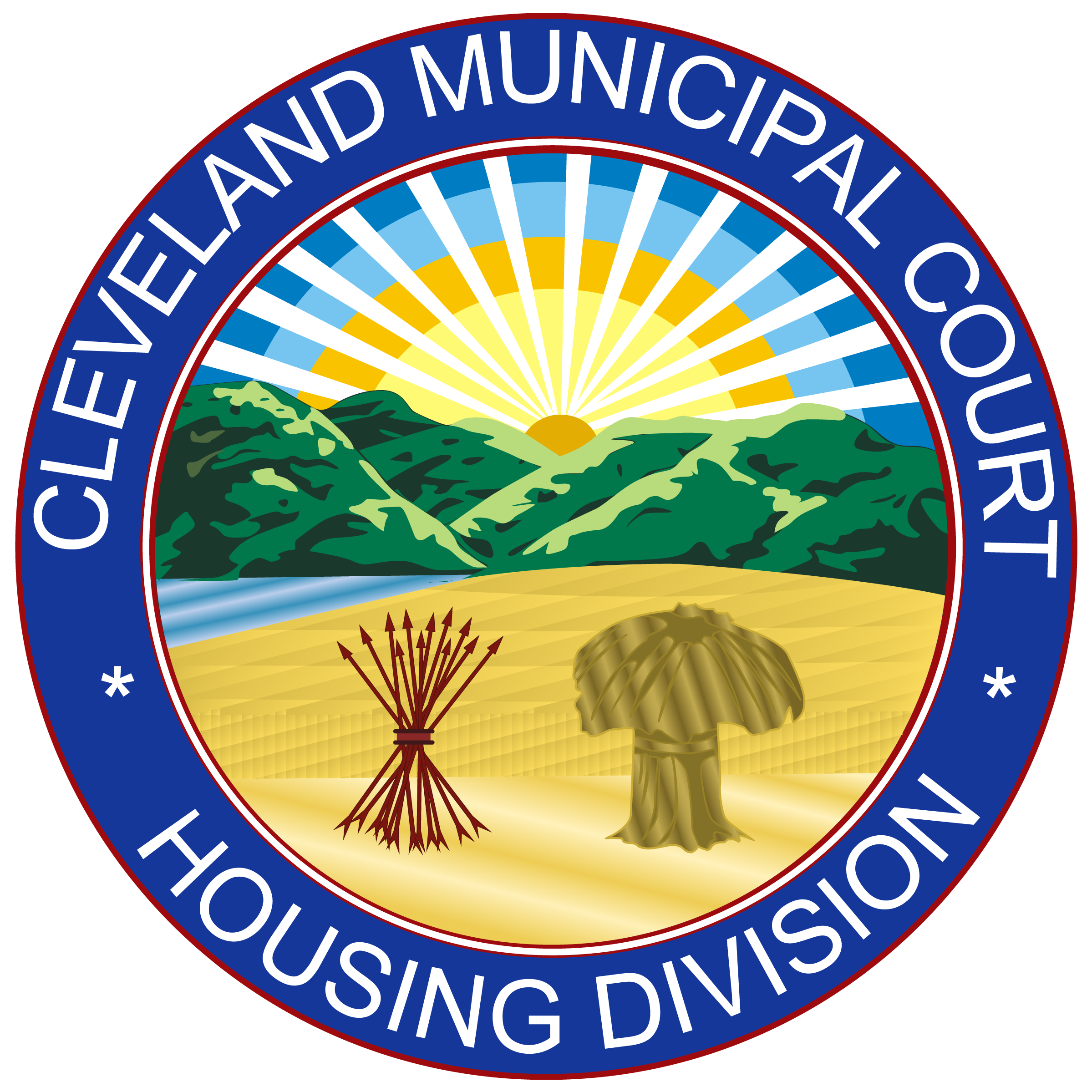Housing Court's Role in Criminal Cases
As outlined by Judge Patrick Carroll in City of Lakewood v. Krebs, 150 Ohio Misc.2d 1, 901 N.E.2d 885, 2008-Ohio-7083:
In a criminal case, the prosecutor has complete discretion in deciding whether to bring a criminal charge, as well as the nature of the charge to bring.
While the court has a general interest in the building, health, and safety codes being followed, as with all criminal laws, it is not within the authority of the court to encourage the prosecutor to file a criminal case.
A judge is not a law-enforcement officer. Judges and law-enforcement officers are separately defined, with separate duties and responsibilities.
The Ohio Supreme Court has noted, a “judge who observes a crime outside the courtroom has only the power of an ordinary citizen.”
The responsibility of a judge is to decide matters that have been submitted to the court by the parties.
A judge has no authority over a person or situation unless a case is properly filed and the court has jurisdiction.
A judge has no authority to decide the type or number of cases that will be filed with the court. The judge is limited to hearing and issuing decisions in the cases that are filed with the court. The decision to file a criminal case rests solely with the prosecutor.
Once a criminal case is filed, the control of the case shifts from the prosecutor to the court. The judge decides, within the limits of the law, how a case is conducted, when hearings are held, and what evidence may be submitted. If the judge or jury makes a finding of guilt, whether after a plea or a trial, it is the judge's responsibility to determine the sentence to be imposed.

